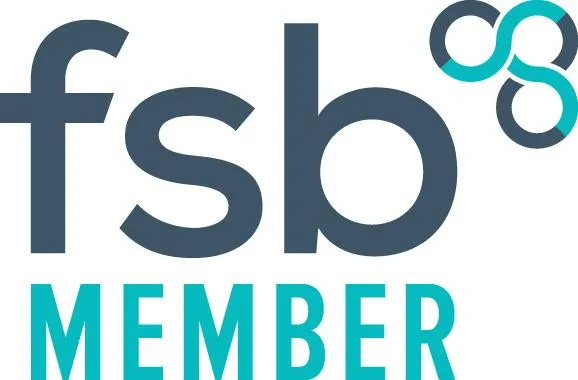Blog Posts
The one-stop place for all of your business tips, tricks, ideas and insights.

The Importance of Regularly Auditing Your Business Expenses
As business owners, we often focus on measuring our goals and performance at the end of each month. However, it is equally important to keep track of where we’re spending our money. Regularly auditing your expenses is not just a good practice; it is an essential part of maintaining a healthy business. This process ensures you’re not wasting money on apps, software, and subscriptions that you don’t need. It’s easy to lose track of what you’re paying for, especially as your business grows and your team expands.
Why You Should Audit Your Expenses Regularly
Identify Unused Subscriptions
As your team grows, different members may use various tools and software to enhance their productivity. However, when team members leave or change roles, those subscriptions can easily slip through the cracks. You might be paying for services that nobody is using! Conducting a quarterly audit helps you catch these unnecessary expenses.
For example, if a marketing team member used a specific software for a project and then left the company, but the subscription continued, that’s money lost. Regularly auditing your expenses allows you to evaluate which subscriptions are actively utilized, which ones can be cancelled, and which tools are truly essential for your operations.
Stay Organized
Managing multiple apps and subscriptions can quickly become overwhelming. With various tools for project management, communication, finance, and marketing, it’s easy to lose track of what you’re paying for. Regularly auditing your expenses forces you to categorize and review which tools are essential for your business and which can be eliminated.
Consider creating a centralized document that lists all your subscriptions, their costs, and their purposes. This helps you visualize your spending and makes it easier to identify overlaps or redundancies among tools. For instance, if you have multiple project management tools, you may find that one can do the job of two, allowing you to save costs.
Ensure Team Alignment
As your team expands, it’s crucial to ensure everyone is on the same page regarding the software and tools being used. A quarterly audit allows you to align your team’s needs with your budget, ensuring you’re only investing in tools that provide value.
Regular check-ins with your team can help you understand their experiences with different tools. Are they finding a particular software helpful, or is it causing frustration? Are there features they wish it had? This feedback can inform your decisions about which tools to keep, which to replace, and which to eliminate altogether.
Save Money
By identifying and eliminating unnecessary expenses, you can free up budget resources for other critical areas of your business. This can lead to significant savings over time.
For example, if you conduct a quarterly audit and discover that you’ve been paying for a premium subscription to a software tool that your team rarely uses, cancelling that subscription allows you to reallocate those funds toward initiatives that drive revenue, such as marketing campaigns or employee training programs.
Make Informed Decisions
Understanding your spending habits enables you to make more informed decisions about which tools to invest in moving forward. It helps you evaluate whether a subscription or software truly benefits your operations.
When evaluating software, consider not only the direct costs but also the value it brings to your business. Does it save time? Does it improve efficiency? Are team members satisfied with its usability? Keeping these factors in mind can guide your purchasing decisions, ensuring you invest in tools that genuinely contribute to your goals.
The Process of Conducting an Audit
1. Gather All Subscription Information
Start by collecting all the information about your subscriptions and software. This includes not only the names of the tools but also their costs, billing cycles, and specific features you’re paying for. You may want to set up a spreadsheet to track this information systematically.
2. Assess Usage
For each tool, assess how often it’s used and by whom. Some software may have usage analytics that provide insights into how frequently team members log in or use specific features. This data can help you determine whether the software is worth keeping.
3. Solicit Team Feedback
Involve your team in the auditing process by asking for their feedback on the tools they use. You can hold a team meeting or send out a survey asking for opinions on the effectiveness of different software and tools. This input can be invaluable for making informed decisions.
4. Review and Decide
After gathering all the necessary information and feedback, review your findings. Identify which tools are essential, which can be cancelled, and which may need to be replaced. Make a plan for any changes you intend to implement.
5. Set a Schedule for Future Audits
Make it a practice to conduct these audits regularly - ideally every quarter. Setting a schedule helps ensure that you stay on top of your expenses and maintain a clear understanding of your financial commitments.
By implementing a regular expense audit into your business routine, you’ll be better equipped to manage your finances effectively and ensure that every dollar spent contributes to your growth. Don’t let unnecessary expenses hold your business back! Being proactive in your financial management allows you to focus on what really matters: growing your business and serving your customers effectively.
10a Dig Street | | Ashbourne, Derbyshire | DE6 1GF
L.T. VA Services Ltd is a company registered in England and Wales with company number 13629800 | VAT number 497077344







